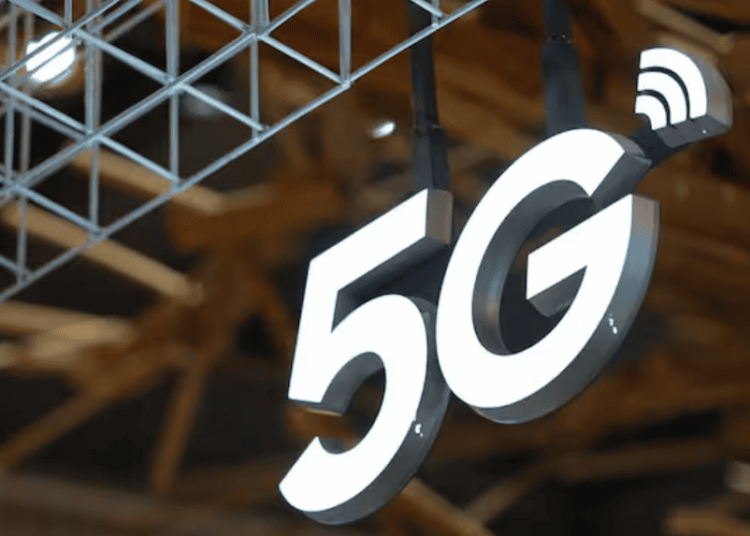In the ever-evolving landscape of technology, the rollout of 5G networks is a game-changer that promises to revolutionize various industries. 5G technology, the fifth generation of wireless communication technology, offers unprecedented speed, lower latency, and enhanced connectivity. In this blog post, we will explore the profound impact of 5G on various sectors, from healthcare to manufacturing and beyond.
Understanding 5G Technology
Before diving into its impact, let’s briefly understand what 5G technology entails. 5G is the next evolution in wireless communication, succeeding 4G (LTE) technology. It operates on higher frequency bands, enabling faster data transfer rates and significantly reduced latency.
The Impact of 5G Technology on Industries
1. Healthcare
In the healthcare sector, 5G enables real-time remote patient monitoring and telemedicine. Doctors can perform surgeries with the assistance of augmented reality (AR) and virtual reality (VR) technologies, regardless of their physical location.
2. Manufacturing
5G facilitates the implementation of smart factories and Industry 4.0. Manufacturers can use 5G to connect and control IoT devices, robots, and machinery with ultra-low latency, leading to more efficient and automated production processes.
3. Transportation
5G plays a crucial role in autonomous vehicles and connected transportation systems. It enables vehicles to communicate with each other and with traffic infrastructure in real time, improving road safety and traffic management.
4. Entertainment and Media
With 5G, streaming high-definition and 4K content on mobile devices becomes seamless. AR and VR experiences, such as live sports broadcasts and gaming, become more immersive and interactive.
5. Retail
In the retail industry, 5G enables cashierless stores and enhanced customer experiences. Retailers can implement AR applications for virtual try-ons and personalized recommendations.
6. Energy and Utilities
5G facilitates the management of smart grids and connected energy infrastructure. Utility companies can remotely monitor and control equipment, leading to energy conservation and reduced downtime.
7. Agriculture
Precision agriculture benefits from 5G technology, as farmers can deploy IoT sensors to monitor soil conditions, crop health, and irrigation systems in real time.
8. Education
5G enhances online learning experiences by enabling high-quality video streaming and interactive classrooms. Students can access educational resources from anywhere with minimal latency.
9. Financial Services
In the financial sector, 5G enables faster and more secure financial transactions, real-time market data analysis, and enhanced cybersecurity measures.
10. Smart Cities
5G serves as the backbone for smart city initiatives. It enables efficient traffic management, waste disposal, and the implementation of IoT sensors for various urban services.
Challenges and Considerations
While 5G brings significant benefits, it also presents challenges. These include infrastructure deployment costs, security concerns, and the need for regulatory frameworks to address privacy and spectrum allocation issues.
Conclusion
5G technology is a transformative force that will reshape industries and unlock new possibilities. Its high-speed, low-latency capabilities are paving the way for innovation and efficiency across various sectors. As the rollout of 5G networks continues, businesses and industries that embrace this technology will be at the forefront of the next wave of technological advancement, driving economic growth and improving the quality of life for people around the world.










